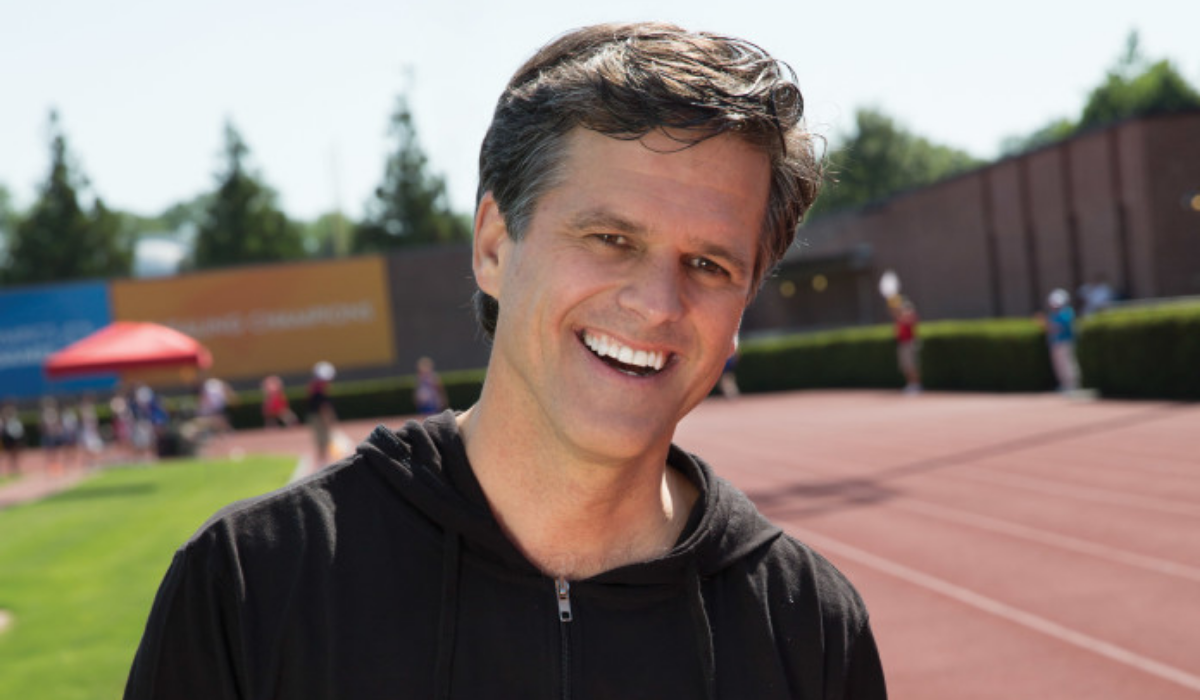It’s Time to Start Using Social Media for Good

Last week I was talking to Roger, a friend from my youth who has spent his career in technology. He’s done well and made an impact. But he caught me off guard when he shared the story of a friend’s daughter.
“She’s only 13, Tim,” he shared, “and she’s been struggling with mental health challenges for a while. Last week my friends, her parents, had to hospitalize her. They’re torn apart and don’t know what to do.”
He then told me something that shocked me. “The mental health people told my friends that their daughter has been diagnosed with depression and an eating disorder. I’m no doctor, but I think she really has ‘Instagram Disease.’” “Instagram disease?” I replied. “I’ve never heard that term.”
“You may not have heard of it, but you know people who have it. That’s when you feel like you’re always trying to fit in but never do, when you feel like an outsider all the time. You get a daily dose of who’s happier, better looking, more popular, and more successful than you. And,” he continued, “there are millions of Americans who lose their confidence, their joy, and their hope from this disease. There are a lot of people who profit from it, too.”
Talk of things like algorithms and big data can sometimes feel abstract. I’m not sure most of us even know what an algorithm is or how it works. But hearing about a 13-year-old in the hospital, struggling for help and survival because of “Instagram disease” is another thing altogether. My daughter Kathleen told me that virtually all her friends are dealing with these issues. “It’s not just the image stuff, Dad. It’s also that social media is so distracting that you never get around to getting involved in groups or activities that could actually give you purpose or belonging.”
I know many of us take “fasts” from social media and others give it up altogether. And mainstream media isn’t much better—most of us don’t think it’s objective anymore. It, too, feeds us a diet of fear and bias. Check out Andrew Sullivan’s recent tough-minded critique of both liberal and conservative media sources: When All The Media Narratives Collapse, by Andrew Sullivan (The Weekly Dish). If you’re like me, you’re finding it hard to know what to believe anymore—and maybe feeling a creeping anxiety because you’re thinking you’re being lied to all the time.
There’s a human face to all this algorithm and objectivity talk, and it’s a face in pain. That’s not some abstract issue, that’s needless mental health suffering caused by social media and biased media and deceptive media too.
There are many ways to respond. It should be good news that mental health issues are increasingly discussed in our culture and that parents across the country are seeking help more and more. Check out this important campaign on suicide prevention that I learned about last week in Utah. I’m also grateful that a growing number of educators are being trained to support the social and emotional needs of children, particularly given the trauma caused by the pandemic. If you’re looking for resources for how teachers and schools can support our children, the Collaborative for Academic, Social, and Emotional Learning (CASEL.org) has up-to-date guides, information, and research. (Disclosure: I’m the Chair of CASEL.)
But good schools aren’t enough and it’s not enough to complain about social media or news media either—we need action. Increasingly, there are organizations like the Center for Countering Digital Hate (@CCDHate) that are working to enlist us all in making a difference. “Don’t hate the media – change the media” is the slogan of a similar organization, Stop Funding Hate. But it’s more than a slogan—it’s the responsibility of each of us. If you’re on Twitter and looking for ways you can help, check out Sleeping Giants (@slpng_giants), and Who Advertises On (@whoadvertiseson). All of these organizations are, yes, on social media, but, at the same time, trying to show us how we can do our part to change the illnesses media can cause.
More than anything I’m convinced that there’s a platform to be built—a platform for my friend’s 13-year-old daughter and for me too. I think it will be a platform that invites us to listen to each other deeply. I think it will be a place where we share our stories with a focus on what makes us grow and change and heal, a place where we can post pictures of compassion and generosity and bravery in the face of injustice. I think it’s a place where the news is all about the breaking stories of people building new bridges between us so that we can build a new country for all of us. I think it will be the community so many of us are waiting for—full of stories that give us all reasons to believe in each other with lots of great literature, art, prayer, history, entertainment, and adventure, all focused on the future that so many of us are starving to create.
When that platform is created, I’ll be on it and so will Kathleen. And maybe my friend’s daughter will be there too, cured, I hope, of despair, detachment, and division.


